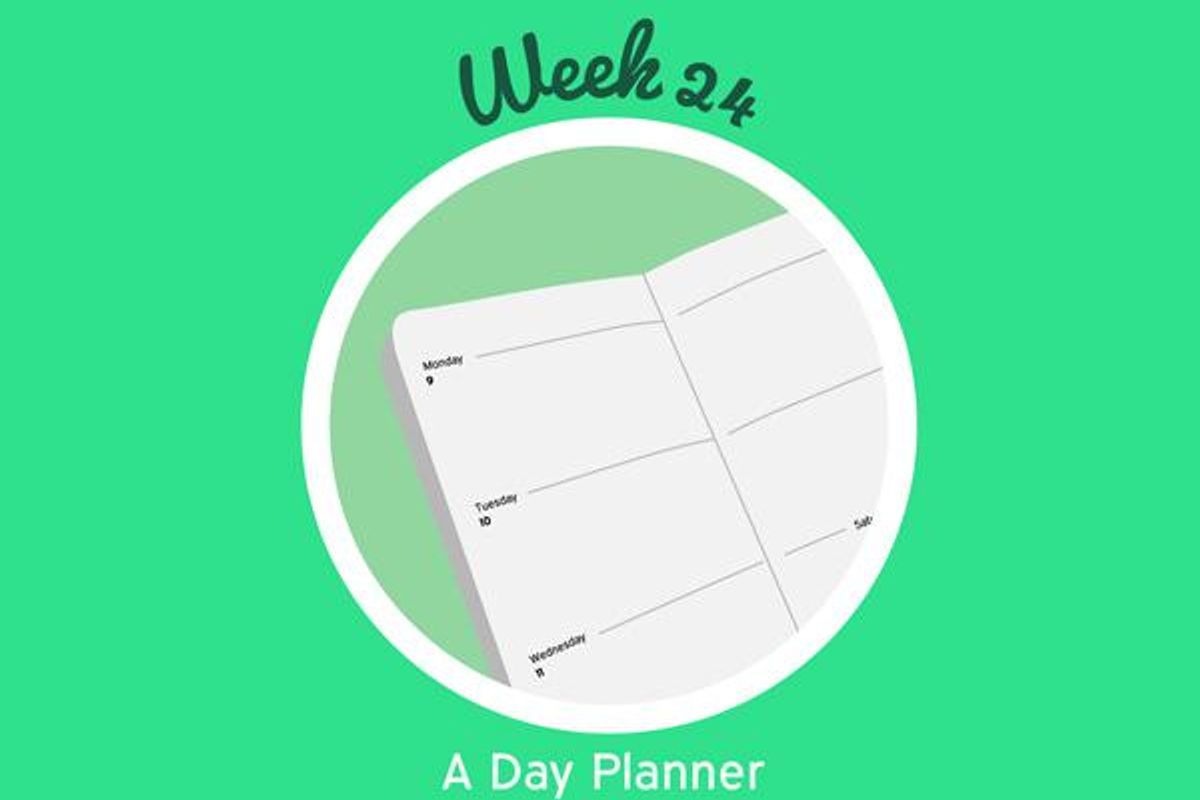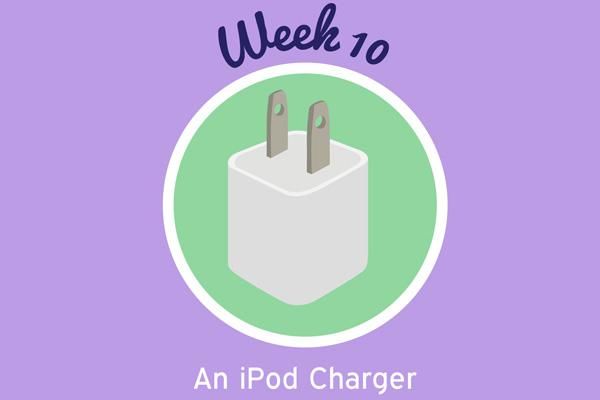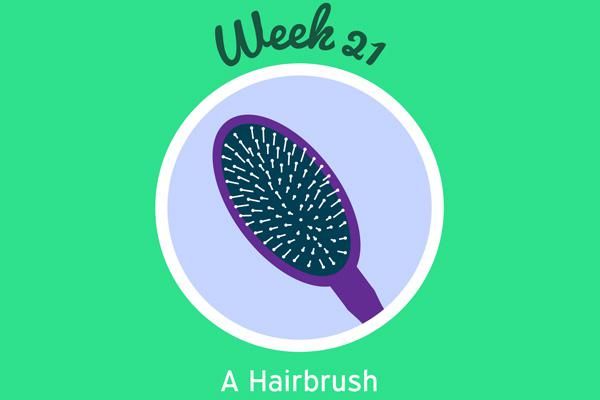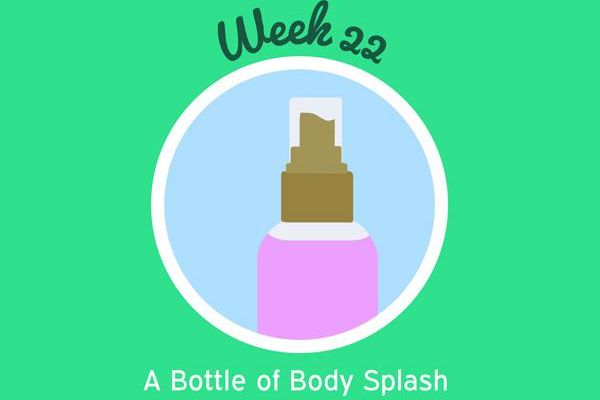During week 24 of pregnancy, your baby may be up to about a foot long from her head to her bottom. Moreover, she's getting bigger every day, putting on about six ounces each week, mostly due to the development of that adorable baby fat, as well as organs, bones and muscle.
Tip of the week:
If you work in front of a computer all day, dry eyes may be a part of your life all the time—not just during pregnancy. This is because looking at a lit screen tends to make people blink less, which means the eyes aren't getting as much natural lubrication as usual. The 20-20-20 rule can help you relieve computer-related eye issues now and later: Take a 20-second break every 20 minutes to rest your eyes on an object 20 feet away.
What else is going on inside there? Your baby girl's ears are getting better at hearing each day, and her eyebrows, lashes and hair have grow in, though the growth doesn't have color yet because of a lack of pigment.
Additionally, her lungs are becoming quite complex, with the intricate branches of her airways becoming more defined and developing alveoli, or tiny air sacs, at the end so she can take deep breaths as soon as she comes into the world.
While some pregnant women may tear up thinking about their child's first gasp of air, others might be experiencing a different problem. Those pesky pregnancy hormones that are responsible for most of your symptoms right now also tend to cause dry eyes. It's not uncommon to experience a gritty or burning sensation in your eyes, as well as sensitivity to light, excessive tearing or itching.
Over-the-counter lubricating eyedrops are usually safe and effective in treating this symptom, but ask your health care provider about which ones are best for you to use.
If your contact lenses are uncomfortable because of dry eyes, try cleaning them more frequently with an enzymatic cleaner. If that doesn't help, you may need to switch to glasses for the time being, because contacts can cause infection or corneal scratching if you're rubbing your eyes a lot. Additionally, while it may be a good idea to see your eye doctor about this problem, wait until after you deliver to obtain any new prescriptions for glasses or contacts. Your eyes will likely return to normal a few weeks after delivery.
To help alleviate dry eyes, use a humidifier at work and at home, practice good hygiene around your eyes and wear sunglasses when outside to protect them from the wind and sun.







